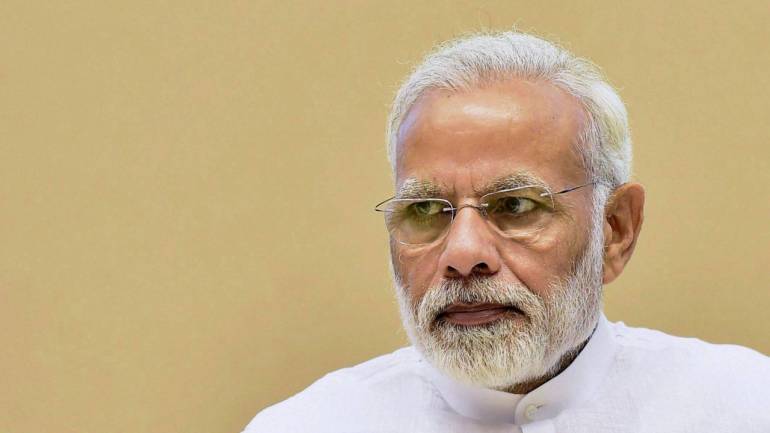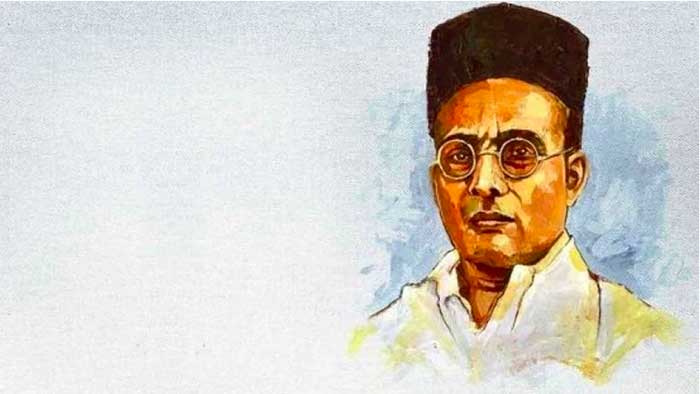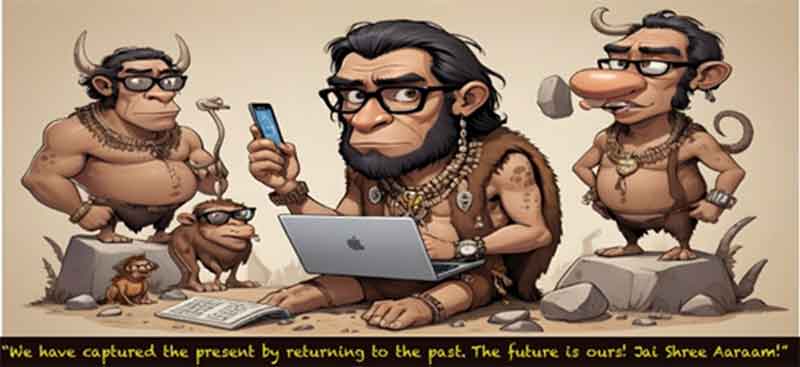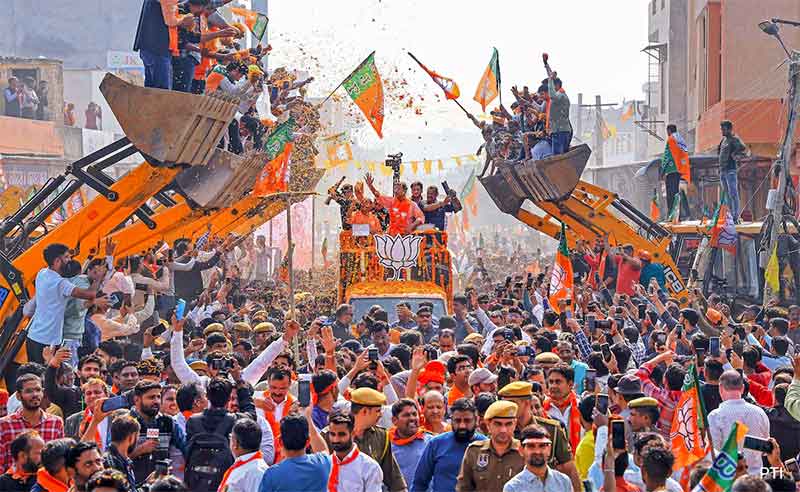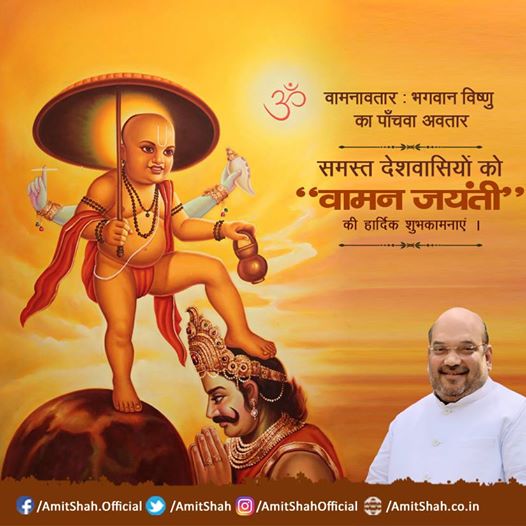
When Maveli ruled the land,
All the people were equal;
Times when people were joyful and merry;
They were all free from harm.
There was neither anxiety nor sickness,
Deaths of children were unheard of,
No wicked person was in sight anywhere
All the people on the land were good.
There was neither theft nor deceit,
And no false words or promises.
Measures and weights were right;
There were no lies,
No one cheated or wronged his neighbor.
When Maveli ruled the land,
All the people were equal;
This is the translation of a traditional song sung about the glorious reign of King Mahabali (also known as Maveli) during the annual Onam festival in Kerala. Apparently, it was only under the governance of an indigenous (asura) king people were living in happiness and state was performing high in social indicators like low rate of crime rate, child mortality, etc. Onam, which is considered as the state festival of Kerala is one of the rarest festival which is celebrated by people across religion and caste even in this era of communal divide and hatred in ‘secular India’. Even though Onam is hijacked by consumerism, features of upper caste and vegetarianism, myth of Onam reminds people of a golden age of Bali, the king who ruled land of Kerala, where ideas of equality, peace and brotherhood thrived. According to the local legend, as per the request of the Devas who envied Mahabali’s reign, Lord Vishnu took his fifth avatar as a Brahmin called Vamana and tricked Mahabali and pushed him into the pathalam. It is said, due to the love for his people, Mahabali comes back from pathalam every year to bless them. ‘pookalam’, a kolam of flowers, is one of the traditional features of Onam, symbolic of welcoming Mahabali.
Onam edition of ‘Kesari’, a weekly magazine of RSS published an article by K Unnikrishnan Namboothiri which appealed to the Hindu society to reject this idea of Onam and celebrate it as Vamana Jayanti, birthday of Vamana, the fifth incarnation Vishnu. Incarnation, is a common think in Hindu mythology which usually take place to give moksha (read as to kill) to someone who the gods are not happy (read as jealous) with. Portraying Onam as Vamana Jayanthi is just another step by Sangh Parivar forces to bring all festivals into the hindutva fold which is essential to project the idea of hindu rashtra, a homogeneous culture of Hindi-Hindu-Hindutva. The acid tongued K P Sasikala of Hindu United Front, who is known for her comments against Muslims and Christians, in justification to the Kesari article said Mahabali was a pompous person and portrayed Vamana as the freedom-fighter who liberated Kerala from Mahabali, another effort to inject the Brahminical version. As in other parts of the country, RSS is using festivals like Sri Krishna Jayanthi, Raksha Bandhan, etc. to mobilize people along communal lines. Also, the Left in Kerala have failed to properly defend against the Brahminisation of festivals and started to conduct similar programs under the banner of their party.
The Hindutva supporters talk about a long-existing Vedic culture in India and say that all the different traditions across the country have its roots in this single culture. But is it true? Was there only one single culture existing for thousands of years in our vast country? The answer seems to be completely opposite. From time to time, it was the proponents of the Brahminical culture, mostly patronized by the local kings wanting to protect the feudal social order, who twisted the local traditions and diverse cultures challenging its narrative to impose their birth-based Varna system on people. As Ambedkar said history of India is nothing but the battle between Buddhism and Brahmanism, and things have worsened in the present. BJP-RSS being the modern face of this Brahmanism, use their political and muscle power to spread their Hindutva ideology of ‘one nation, one culture’, suppress any other narratives and erase the diverse cultures in India, imposition of the “Deva bhasha” in IITs being one recent example. We, the people of India should reject this false idea of the singular Vedic culture and move towards an egalitarian society respecting the true cultural diversity in our country.


